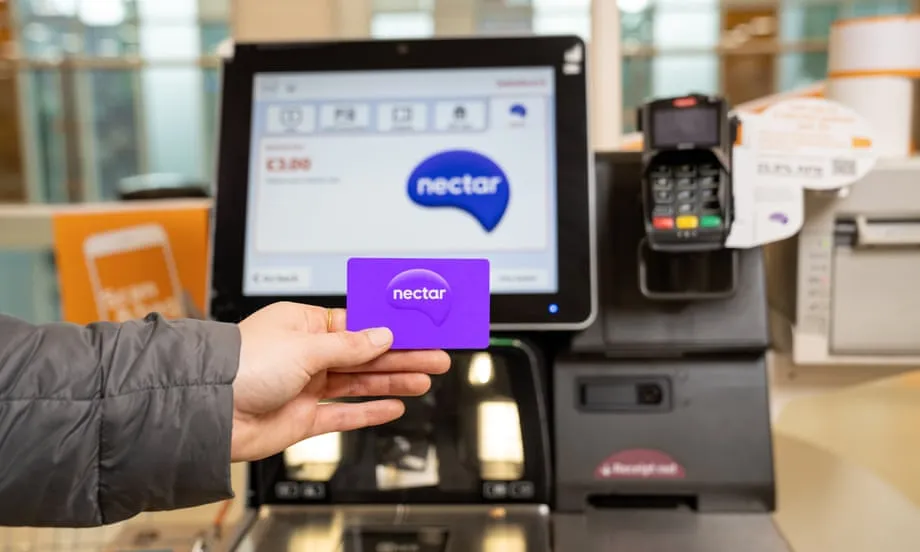The chief executive of Sainsbury’s has defended its decision to sell data on the shopping habits of his customers to TV and consumer goods manufacturers looking to target their advertising.
Simon Roberts has said the supermarket group protects personal data “incredibly carefully” and that its strategy had made adverts more “relevant” for shoppers.
Last weekend, it emerged that Sainsbury’s and its rival Tesco are making an estimated £300m a year from selling information on individual shopping habits collected through loyalty card schemes.
The deals included a partnership between Sainsbury’s Nectar card and Channel 4 to tailor adverts to specific groups.
Roberts insisted customer data was safe. He told the Guardian: “Our retail media platform [works] with suppliers with anonymised customer data, very importantly, we protect our data incredibly carefully.
“What we want to do at its heart really is provide personalised messaging to customers so from what we hear from customers, they don’t want to be sent lots of marketing and media messages that aren’t relevant to them. By understanding customers better, it means we can target our loyalty programmes more effectively.”
The companies use “clean rooms” that pair vast sets of data to match up the viewing and shopping habits of specific shoppers, or small groups, the Sunday Times reported. A Channel 4 Dispatches documentary on Tuesday looked at how supermarkets are employing alternative tactics to make money from customers.
Sainsbury’s and Tesco have also faced criticism for creating a two-tier pricing system, offering much lower prices to loyalty card holders.
Last month, the competition watchdog said it would investigate the effect on consumers of the rise of loyalty card price cuts amid concerns that they could limit competition and disadvantage consumers who had not signed up to the schemes.



